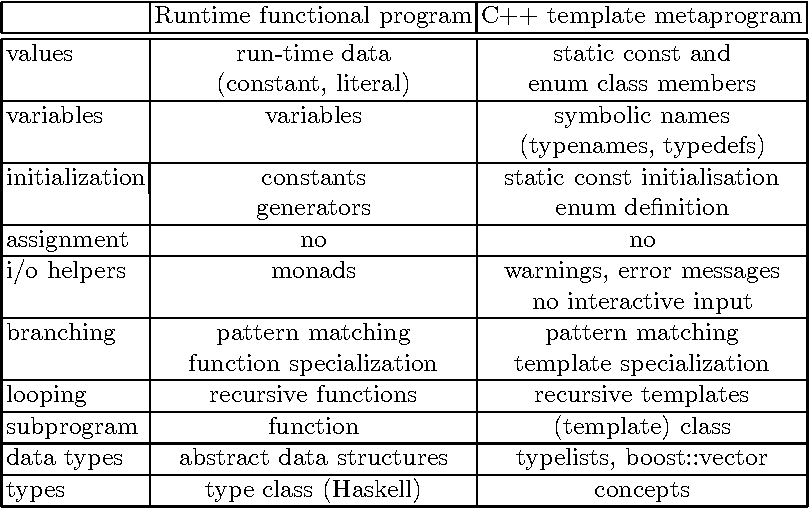Template Of Template Specialization
How to use template specialization and partial specialization. Using template specialization, C++ Templates are considered Turing complete. Technical overview There. Cccam Info Enigma2 Amp here.

Contents • • • • • Templates and specialization [ ] Class templates are really meta-classes: they are partial abstract data types that provide instructions to the compiler on how to create classes with the proper data members. For example, the C++ standard containers are class templates. Beautiful South - Blue Is The Colour Rar.
When a programmer uses a vector, one instantiates it with a specific data type, for example, int, string or double. Each type of vector results in a different class in the compiler's object code, each one working with a different data type. If one knows that a class template will be used with a specific data type fairly often and this data type allows some optimizations (e.g. Bit shifting with integers, as opposed to multiplying or dividing by 2), one may introduce a specialized class template with some of the template parameters preset. When the compiler sees such a class template instantiated in code, it will generally choose the most specialized template definition that matches the instantiation. Therefore, an explicit specialization (one where all the template arguments are specified) will be preferred to a partial specialization if all the template arguments match. Partial specialization [ ] Templates can have more than one parameter type.
Some older compilers allow one only to specialize either all or none of the template's parameters. Compilers that support partial specialization allow the programmer to specialize some parameters while leaving the others generic. Example [ ] Suppose there exists a KeyValuePair class with two template parameters, as follows. • (1 February 2001).. Addison Wesley. Deep Ze Serial Key 8 23 2011. • (July 2001).. C/C++ Users Journal.
Retrieved 7 December 2014. Retrieved 16 October 2016. 13.1 Overloadable declarations [over.load] Not all function declarations can be overloaded.
Those that cannot be overloaded are specified here. A program is ill-formed if it contains two such non-overloadable declarations in the same scope. Retrieved 16 October 2016. 13.1 Overloadable declarations [over.load].
The latest version of this topic can be found. Class templates can be partially specialized, and the resulting class is still a template. Partial specialization allows template code to be partially customized for specific types in situations, such as: • A template has multiple types and only some of them need to be specialized. The result is a template parameterized on the remaining types. • A template has only one type, but a specialization is needed for pointer, reference, pointer to member, or function pointer types. The specialization itself is still a template on the type pointed to or referenced.
If you have a template collection class that takes any type T, you can create a partial specialization that takes any pointer type T*. The following code demonstrates a collection class template Bag and a partial specialization for pointer types in which the collection dereferences the pointer types before copying them to the array. The collection then stores the values that are pointed to. With the original template, only the pointers themselves would have been stored in the collection, leaving the data vulnerable to deletion or modification. In this special pointer version of the collection, code to check for a null pointer in the add method is added.